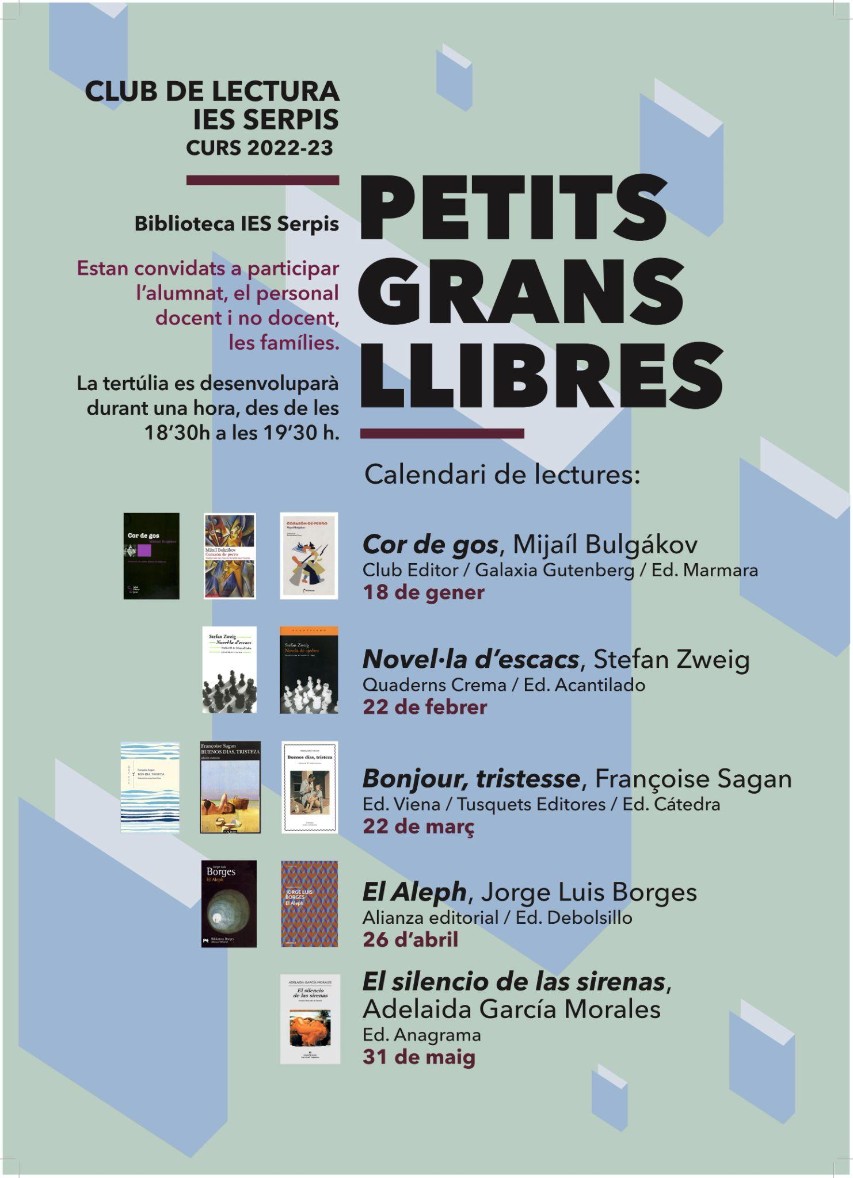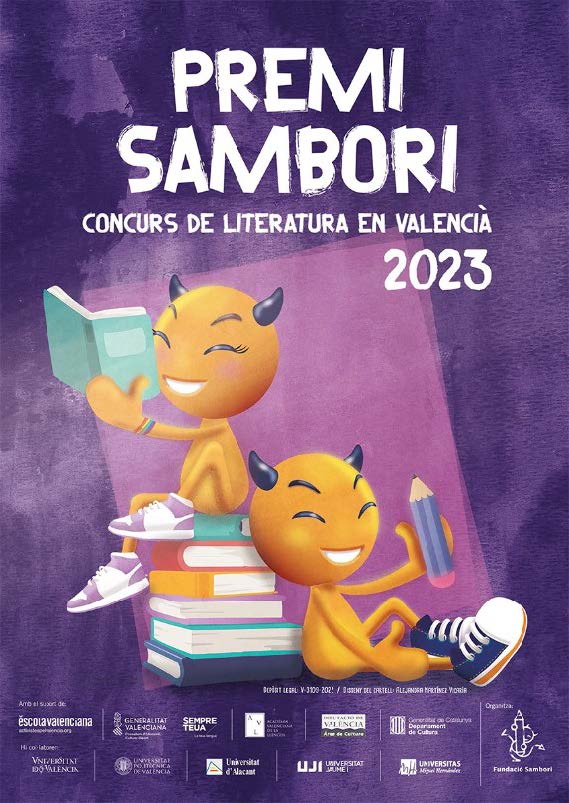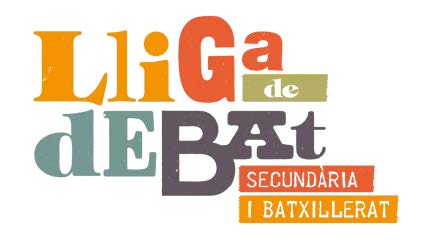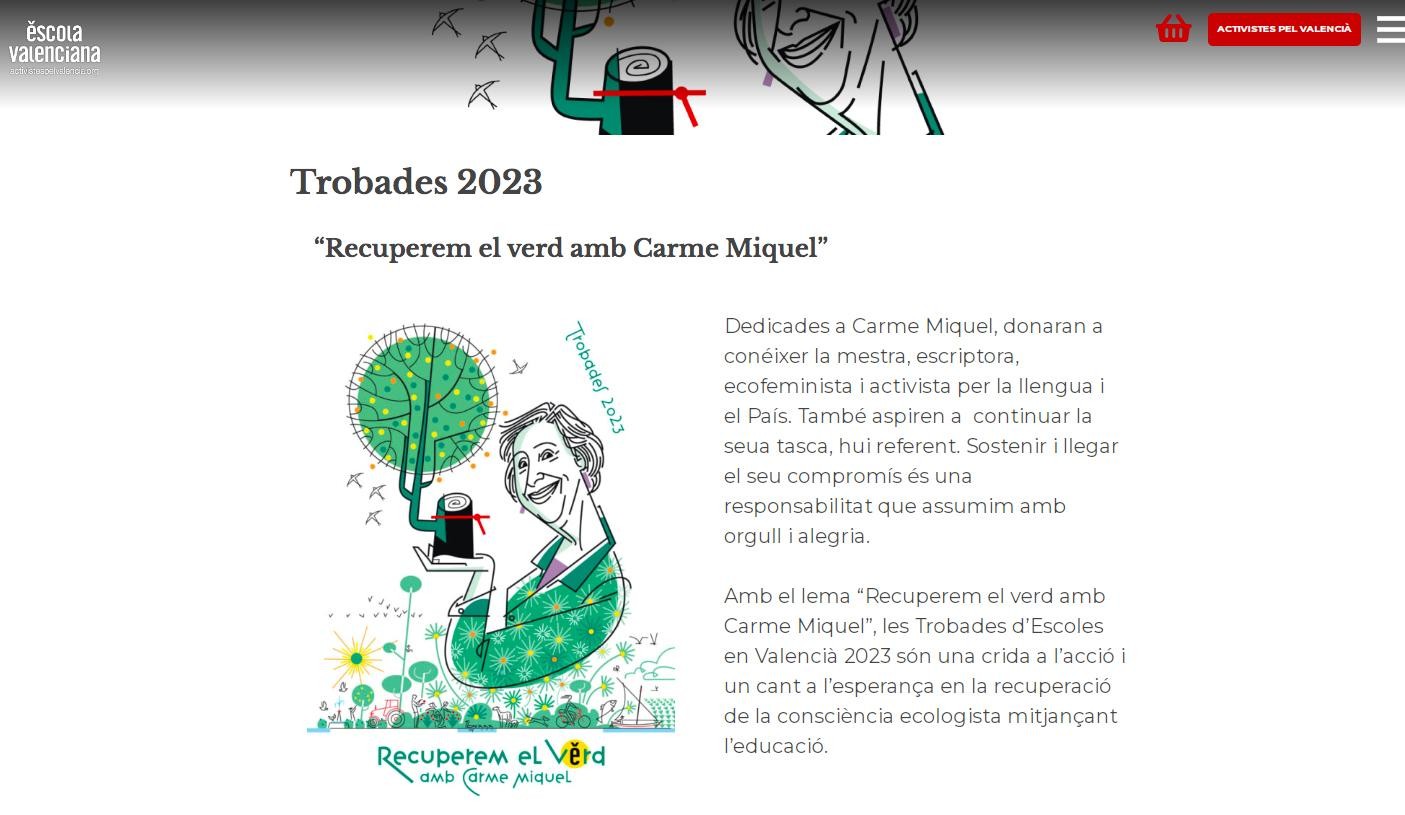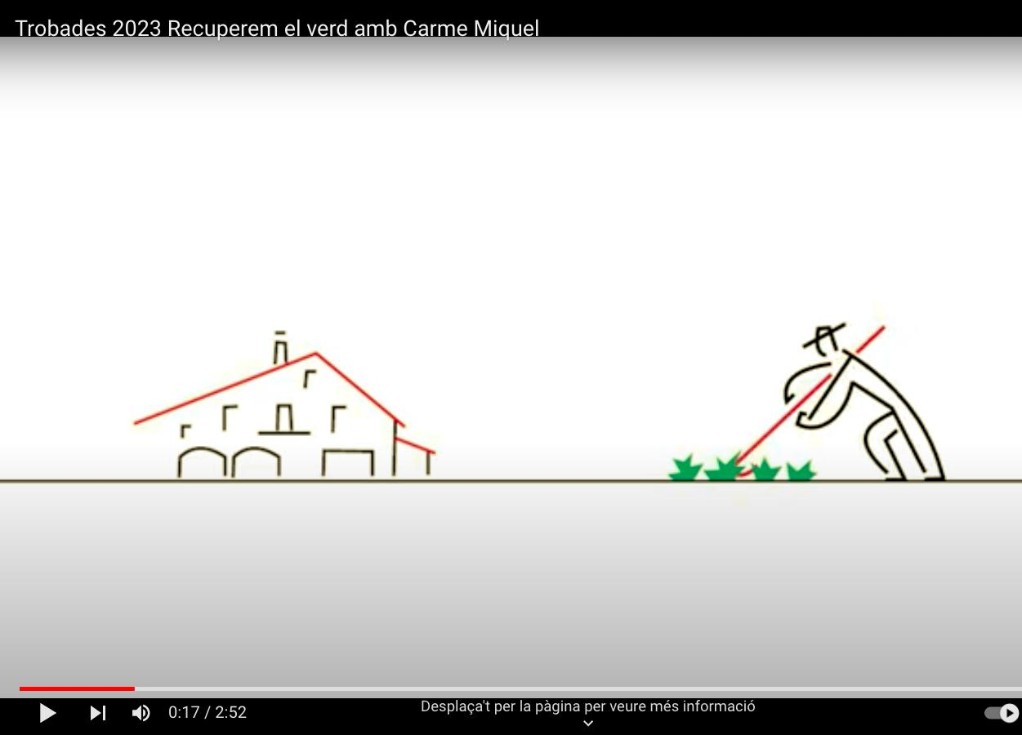Links with the environment and non-formal and informal spaces.
6.4. LINKS WITH THE ENVIRONMENT AND NON-FORMAL AND INFORMAL SPACES
It is necessary to create safe spaces for the use of the minoritized language inside and outside the classroom. These are spaces in which “traditional” speakers can showcase their linguistic identity without hindrance and in which “new” speakers can incorporate themselves into the use of the minoritized language without being judged or delegitimized by the varieties they use to serve and/or for possible limitations in language proficiency.
From the start , the role of teachers must focus on creating spaces and moments of language use in the classroom, within the framework of teaching-learning activities. To ensure that the classroom becomes a safe space for the use of the minoritized language, it is necessary, however, to adopt appropriate teaching strategies to ensure that students make active use of the minoritized language within this framework.
Secondly, teachers, educators and also the non-teaching staff of the center can play the role of linguistic model and encourage the use of the minoritized language outside the classroom. Uses that by definition occur in more informal registers and with a more interpersonal orientation than those that occur within the framework of teaching-learning activities. The results of the research tell us that students who have sufficient competence in the minoritized language and are involved in interpellating contexts will mostly converge towards the language of their interlocutor. Therefore, by involving all the school staff, it is possible to ensure that the entire school institution, and not just the language class, becomes a safe and welcoming space that invites the use of the minoritized language.
Thirdly, and without yet leaving the school institution, teachers and educators can get involved in the creation of spaces for non-formal learning and language use outside the classroom (for example, in extracurricular activities or in more specific activities, such as experiments where students are transformed into “new speakers” for a limited time). The primary focus of these activities may not be linguistic (for example, playing a sport or participating in a book club). However, the focus on using the marginalized language and subverting social norms that restrict such use has to be clear and shared between educators and students without losing sight of the fact that the students’ participation in these activities will be voluntary. This is due to the fact that, as we have seen, the intervention on the private interpersonal uses of the students is outside the legal possibilities of the school.
To finish, we must understand that the enhancement of these safe spaces for the use of minoritized languages must necessarily go beyond the educational field and also involve the associative world, the sports clubs or the audiovisual offer, among others. Activities and products that are significant and that generate positive references for the identification and use of minoritized languages for children, adolescents and young people beyond the school institution are necessary.
Extracted from d’Eskola Hiztun Bila XXV–Aprendre del passat, centrant-se en el futur en basc.
d’Aveŀlí Flors-Mas Intervention (Universitat de Barcelona)
COORDINATION PROPOSALS WITH THE LOCAL AND GLOBAL ENVIRONMENT
– School and community radio:
https://ieslaslomas.es/agenda/visita-radio-comunitaria-juan-xxiii/ http://mestreacasa.gva.es/web/iesmediterrania/noticia-radio-informacion
–Local press: http://ieselpla.edu.gva.es/revista/
– Community projects in association with other educational centers in the area: “Benidorm presents through three totems the project ‘Turismo de Emociones’ a project, driven by young people and which is committed to healthy leisure. The project is promoted by students from nine schools and high schools in the Community; among them, cuatro from Benidorm”.
– L’escola canta/The school sings:
https://www.comsonaleso.com/ An annual meeting of students and teachers of secondary and high school music where a great concert is being prepared: 1500 people singing, dancing and playing. A unique and spectacular experience. A bet by the public school for the public school.
–Reading clubs: https://ivc.gva.es/val/escena-val/projectes-escena/clubs-de-lectura-escena-val.
Culture ministery launches children’s reading clubs in Valencian libraries.
Also at any other educational level, such as Secondary, we find reading proposals in several languages, which invite the entire educational community to participate: students, teachers, families, non-teaching staff.
– El Tempir Civic Association: activities aimed at the educational field such as Valencianada del Sud (http://eltempir.cat/valencianada/),
the campaigns Dones valencianes, Plurilingüisme, Prejudicis lingüístics, Drets lingüístics, M’agrada el valencià/Valencian women, Multilingualism, Linguistic prejudices, Linguistic rights, I like Valencian http://eltempir.cat/campanyes-dara/ or the Scrabble competition:: http://eltempir.cat/scrabble/
– Debate leaguehttps://escolavalenciana.org/lliga-debat/
– Valencia Schools meeting https://escolavalenciana.org/web/trobades/trobades-2023/
6.4. VINCLES AMB L’ENTORN I ELS ESPAIS NO FORMALS I INFORMALS
Cal generar espais segurs per a l’ús de la llengua minoritzada dins i fora de les aules. Es tracta d’espais en què els parlants “tradicionals” poden desplegar la seva identitat lingüística sense impediments i en què els “nous” parlants poden incorporar-se a l’ús de la llengua minoritzada sense veure’s jutjats o deslegitimats per les varietats que fan servir i/o per possibles limitacions en el domini de la llengua.
D’entrada, el rol del professorat s’ha de centrar a generar espais i moments d’ús de la llengua dins de l’aula, en el marc de les activitats d’ensenyament-aprenentatge. Per aconseguir que l’aula esdevingui un espai segur d’ús de la llengua minoritzada cal, però, adoptar les estratègies didàctiques adequades per assegurar que els estudiants fan un ús actiu de la llengua minoritzada en aquest marc.
En segon lloc, professors, educadors i també el personal no docent del centre poden exercir un paper de model lingüístic i propiciar usos de la llengua minoritzada fora de l’aula. Uns usos que per definició es donen en registres més informals i amb una orientació més interpersonal que els que es produeixen en el marc de les activitats d’ensenyament-aprenentatge. Els resultats de la investigació ens diuen que els estudiants que disposen d’una competència suficient en la llengua minoritzada i es troben en contextos interpel·lants convergiran majoritàriament cap a la llengua del seu interlocutor. Per tant, involucrant tot el personal de l’escola es pot aconseguir que el conjunt de la institució escolar, i no només la classe de llengua, esdevingui un espai segur i acollidor que convida a l’ús de la llengua minoritzada.
En tercer lloc, i sense deixar encara la institució escolar, el professorat i els educadors poden involucrar-se en la creació d’espais d’aprenentatge no formal i d’ús de la llengua fora de l’aula (per exemple, en activitats extraescolars o en activitats més focalitzades, com ara experiments perquè els estudiants es transformen en “nous parlants” durant un temps limitat). L’objectiu principal d’aquestes activitats pot no ser lingüístic (per exemple, practicar un esport o participar en un club de lectura), però el focus en l’ús de la llengua minoritzada i en subvertir les normes socials que restringeixen aquest ús ha de ser clar i compartit entre educadors/-es i estudiants. Sense perdre de vista que la participació dels estudiants en aquestes activitats serà voluntària, perquè, com hem vist, la intervenció sobre els usos interpersonals privats del conjunt de l’alumnat queda fora de les possibilitats legals de l’escola.
Per acabar, hem d’entendre que la potenciació d’aquests espais segurs per a l’ús de les llengües minoritzades ha d’anar necessàriament més enllà de l’àmbit educatiu i s’hi ha d’involucrar també el món associatiu, els clubs esportius o l’oferta audiovisual, entre altres. Són necessàries activitats i productes que siguin significatius i que generin referents positius d’identificació i ús de les llengües minoritzades per a infants, adolescents i joves més enllà de la institució escolar.
Extret d’Eskola Hiztun Bila XXV–Aprendre del passat, centrant-se en el futur en basc.
Intervenció d’Aveŀlí Flors-Mas (Universitat de Barcelona)
PROPOSTES DE COORDINACIÓ AMB L’ENTORN LOCAL I GLOBAL
– Ràdio escolar i comunitària:
https://ieslaslomas.es/agenda/visita-radio-comunitaria-juan-xxiii/ http://mestreacasa.gva.es/web/iesmediterrania/noticia-radio-informacion
– Premsa local: http://ieselpla.edu.gva.es/revista/
– Projectes comunitaris en associació amb altres centres educatius de la zona: “Benidorm da a conocer a través de tres tótems el proyecto ‘Turismo de Emociones’, impulsado por jóvenes y que apuesta por un ocio sano. El proyecto está promovido por estudiantes de nueve colegios e IES de la Comunitat; entre ellos, cuatro de Benidorm”.
https://benidorm.org/comunicacion/es/articulo/benidorm-da-conocer-traves-tres-totems-el- proyecto-turismo-emociones-impulsado-jovenes-y
– L’escola canta:
https://www.comsonaleso.com/ Una trobada anual d’alumnat i professorat de música de secundària i batxillerat on es prepara un gran concert conjunt: 1500 persones cantant, ballant i tocant. Una experiència única i espectacular. Una aposta de l’escola pública per a l’escola pública.
– Clubs de lectura: https://ivc.gva.es/val/escena-val/projectes-escena/clubs-de-lectura-escena-val.
Cultura posa en marxa clubs de lectura infantil a les biblioteques valencianes.
També en qualsevol altre nivell educatiu, com en Secundària trobem propostes de lectures en diverses llengües, que conviden a participar tota la comunitat educativa: alumnat, professorat, famílies, personal no docent.
– Premis literaris juvenils: http://valenciaperlallengua.org/premi-sambori/
– Associació Cívica El Tempir: activitats adreçades a l’àmbit educatiu com la Valencianada del Sud (http://eltempir.cat/valencianada/), les campanyes Dones valencianes, Plurilingüisme, Prejudicis lingüístics, Drets lingüístics, M’agrada el valencià: http://eltempir.cat/campanyes-dara/ o la competició de Scrabble: http://eltempir.cat/scrabble/
– Lliga debat: https://escolavalenciana.org/lliga-debat/
– Trobada d’escoles valencianes: https://escolavalenciana.org/web/trobades/trobades-2023/


